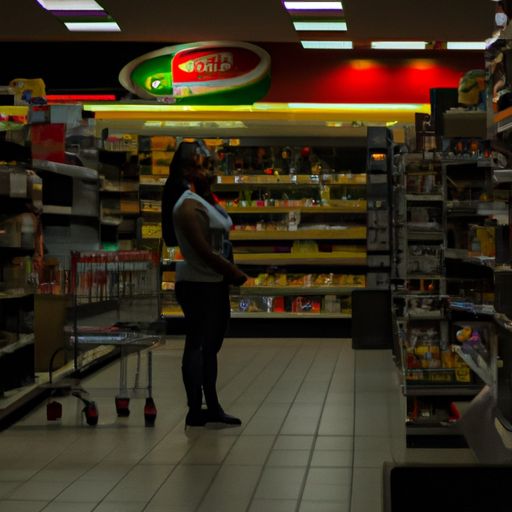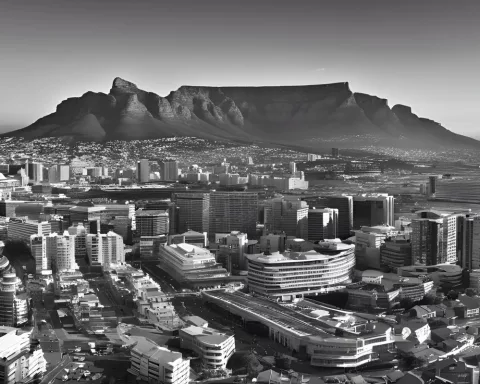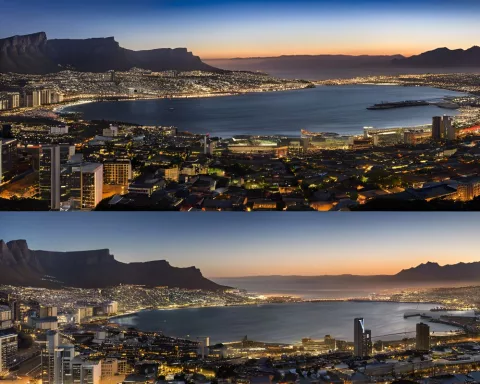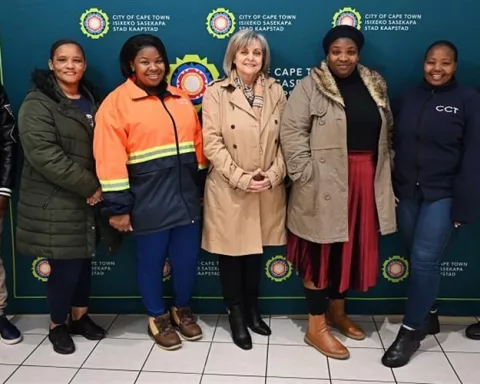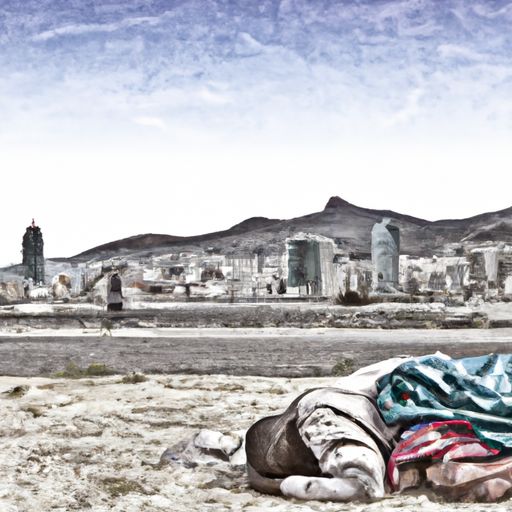South Africa is currently facing a crisis of food price hikes that have caused widespread suffering among poor households. According to StatsSA, food prices have risen by 14% over the past year, resulting in millions of children and adults going hungry. This devastating crisis has prompted DA leader John Steenhuisen to urge President Ramaphosa and his cabinet to take immediate action to alleviate the suffering of the people of South Africa.
Immediate Intervention Needed
Steenhuisen has continuously advocated a feasible approach to the problem surrounding the rising cost of living, and he has highlighted the fact that increases in the price of food have been a tremendous tragedy for low-income households. To provide relief, immediate action is required, and in conjunction with this, economic changes must be implemented to address the underlying causes of this catastrophic catastrophe.
Steenhuisen has recommended increasing the list of foods exempt from the value-added tax (VAT) to include vital commodities such as bone-in chicken, beef, canned beans, wheat flour, margarine, peanut butter, baby food, tea, coffee, and soup powder. This would offer immediate assistance to those who are suffering from hunger. In addition, this would make life easier for the poorest half of South Africans, who bear a disproportionate share of the cost caused by the value-added tax imposed on these goods.
To offer more excellent relief to household budgets, cut the exorbitant cost of transporting food, and alleviate the energy crisis that is choking the economy, the government should also reduce fuel taxes and raise solar tax credits.
Economic Reforms to Tackle the Root Causes
To address the root causes of the food price hikes, Steenhuisen has emphasized the need for economic reforms. He thinks that millions of jobs will be produced in South Africa if the nation evolves into a location attractive to investment and skills in short supply, as well as a place where it is simple to launch and develop small enterprises.
To provide people the ability to make productive use of land, one of the most significant reforms Steenhuisen has advocated is giving private titles to all land reform beneficiaries living on state land and landholders living in common areas. Both the issue of land ownership and the promotion of economic growth would benefit from this course of action.
Steenhuisen has criticized the government’s lack of action in addressing the economic crisis and its indifference toward the struggling population. He has called on the ANC government to finally put the nation’s interests ahead of their interests and take the necessary steps to address this crisis.
In conclusion, South Africa’s crisis of food price hikes is a devastating issue that requires immediate intervention and economic reforms to tackle the root causes. Steenhuisen’s proposals for expanding the list of VAT-free foods and reducing fuel levies, coupled with economic reforms to promote job growth and land ownership, offer tangible solutions to alleviate the suffering of millions of people going hungry. It is time for the government to prioritize the needs of the people and take the necessary steps to address this crisis.

